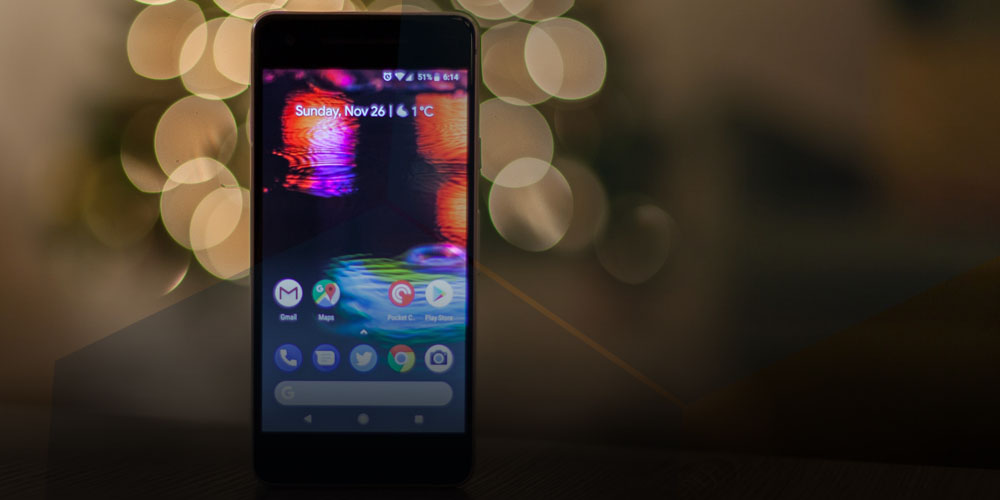
Iain Scott
Founder & CEO
Iain has a strong background in digital, and brings high-level strategic thinking to client campaigns.

Strategic partnerships and brand collaborations are a brilliant way to leverage the strengths of each party. Read how here.
strategic partnership (n);
an arrangement between two companies or organizations to help each other or work together, to make it easier for each of them to achieve the things they want to achieve;
dictionary.cambridge.org
collaboration (n);
the situation of two or more people working together to create or achieve the same thing;
dictionary.cambridge.org
Base Creative recently worked with Worldpay on a brand new website to showcase software companies that Worldpay partners with. It’s software vendors (like Shopify and Wix) that deal directly with merchants (shop owners and eCommerce stores) and this is a valuable source of new business for payment providers, like Worldpay.
Strategic partnerships and other associations like brand collaborations, I’ve always believed, are a brilliant way to leverage the strengths of each party.
Base Creative have recently collaborated with social media tool, ContentCal in the second series of the Sharing Social podcast. We share an audience segment, but we provide very different services (in fact, we’re a customer of ContentCal, as it’s one of the many tools we use to schedule social media posts).
And over the Spring and Summer months of 2021, we also partnered with the ICPA, a membership organisation for practising accountants in the UK, where we ran a series of live webinars on Google My Business, finding time efficiencies in marketing and marketing budgets.
With this in mind, I set out to learn more about some of the most successful partnerships and brand collaborations, and how they’ve benefited both parties.
Here’s my top 3.
There’s also a really interesting guide by HubSpot on running your own co-marketing campaign.
In short, it can provide several outcomes and benefits:
Happy collaborating.

Founder & CEO
Iain has a strong background in digital, and brings high-level strategic thinking to client campaigns.
View my other articles and opinion pieces below
Google’s search experience is changing – fast. Iain Scott explains how AI Overviews and AI Mode are reshaping search, and what your business needs to do to.

In our new video series, our team explains the role of AI can play in your digital strategy, starting with Iain Scott, Director of Growth at Base Creative.

At Base Creative, Christmas isn’t just about ticking off the last to-dos of the year – it’s about giving back when and where we can. This year, we’re continuing a tradition close to our hearts by donating £1,000 across three fantastic initiatives we have worked with over the last 12 months. To decide how that […]

It might be the end of another year, but there will be plenty of time to reminisce later. Instead, why not use this time to set your organisation up for a successful 2025? I’ve asked our team to explain their predictions for 2025 across all of our areas of expertise – social media, search, content […]
